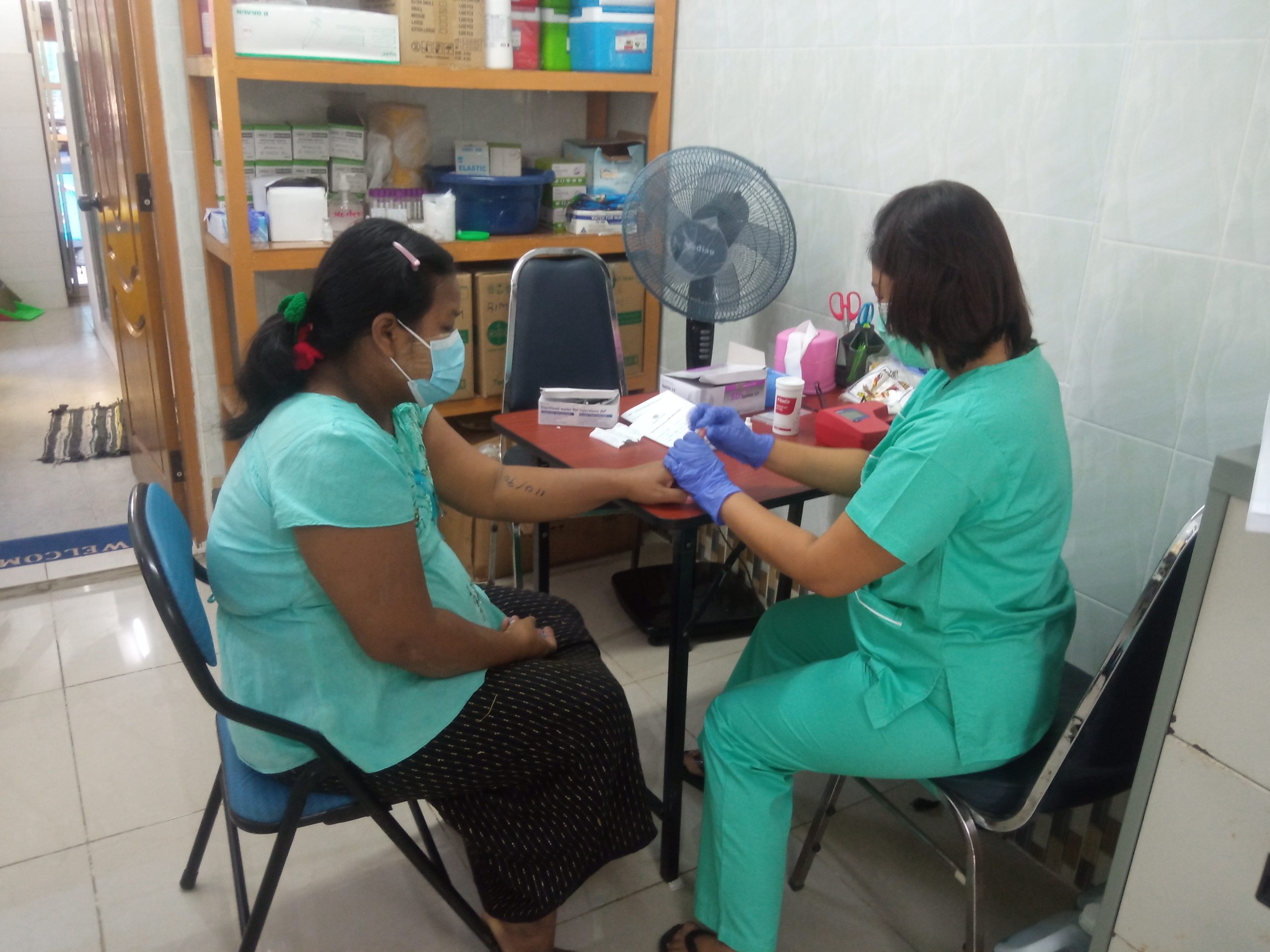
Assessing the role of non-state actors in health service delivery and health system resilience in Myanmar
Download this International Journal for Equity in Health paper here [opens new tab]
Background
Due to the weaknesses of the public health system and its low reach, especially in border areas, provision of health services by non-state actors (NSAs) has historically played an important role in Myanmar. NSAs include local and international NGOs and civil society organisations (CSOs), but also Ethnic Health Organisations (EHOs) in the border areas, as well as the private (for profit) sector. This study aims to understand the changing role of NSAs in the shifting political environment of Myanmar between 2010 and 2022, and to explore their contribution to health system resilience.
Methods
Our study includes three main components: a documentary review (n = 22), key informant interviews (KIIs) at central level (n = 14) and two township-level case studies (13 KIIs, 4 FGDs). Mostly qualitative data were collected in2022 and synthesized, using a health system resilience framework to structure the analysis.
Results
During the transition period (2010–2014) and the new political era (2015–2020), while the country gradually transitioned to a democratic system, the government increasingly recognized NSAs. Initially, engagement with NSAs remained focused on disease-specific activities and government oversight was limited, but later it expanded to health system strengthening, including the start of a “convergence” with ethnic health systems. Progress was relatively slow, but defined by a clear vision and plans. The military coup of February 2021 brought a halt to this progress. Collaboration between government and NSAs was interrupted, and NSAs restored previous practices and parallel systems. Initially, most health service provision stopped, but with time coping strategies emerged, which showed the capacity of NSAs to absorb the shocks (focusing on basic services; using informal communication channels; maintaining buffer stocks of supplies) and adapt (changing modes of delivery and supply chains, and adjusting HRH training).
Conclusions
The study highlights the role of NSAs during crises, and provides insights on how the resilience capacities built over time by NSAs to provide services in adverse circumstances have informed the response to the latest crisis. While strategies of absorption and adaptation are noted in the study, we did not identify any transformation strategy – which might indicate the difficulty of NSAs to introduce radical changes when subjected to multiple shocks and a hostile political environment.
Download this International Journal for Equity in Health paper here [opens new tab]
Citation
Than, K., Bertone, M.P., La, T. et al. Assessing the role of non-state actors in health service delivery and health system resilience in Myanmar. Int J Equity Health 23, 221 (2024). https://doi.org/10.1186/s12939-024-02292-3